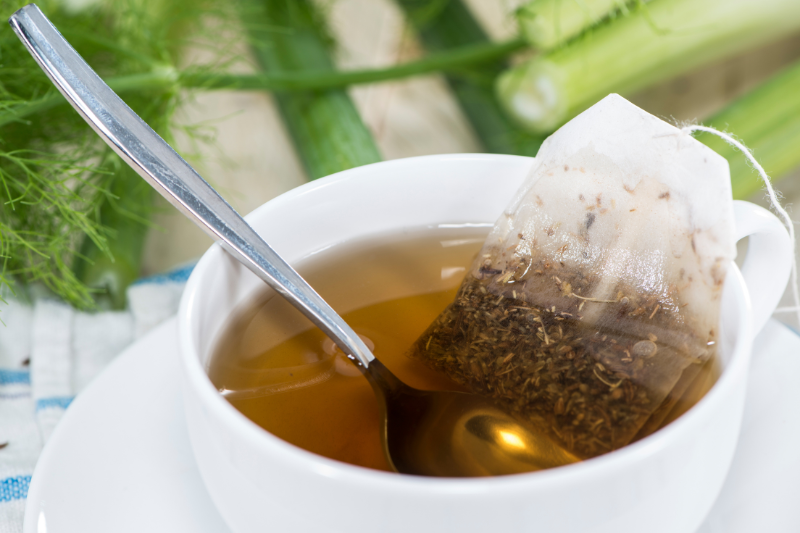If you’ve been diagnosed with H. pylori infection, you’re not alone. This bacteria lives in the stomach lining and is one of the most common gut infections worldwide. It often causes gastritis, ulcers, bloating, and discomfort.
While antibiotics are the standard treatment, diet and nutrition play a powerful role in soothing the gut, reducing symptoms, and supporting recovery. Eating the right foods can also help restore gut balance after treatment.
Here are the best nutrition tips for healing from H. pylori naturally.
1. Eat More Gut-Healing Foods
Certain foods contain natural compounds that may help fight H. pylori while protecting the stomach lining.
- Probiotics (yogurt, kefir, sauerkraut, kimchi, kombucha): Restore healthy gut bacteria and reduce antibiotic side effects.
- Green tea: Contains catechins that inhibit H. pylori growth.
- Broccoli sprouts: Rich in sulforaphane, shown to fight H. pylori naturally.
- Garlic: A natural antimicrobial that supports gut immunity.
- Honey (especially Manuka honey): Has antibacterial properties that may help suppress H. pylori.
2. Focus on Anti-Inflammatory Foods
Since H. pylori irritates the stomach lining, calming inflammation is key.
Include:
- Turmeric (with black pepper for absorption)
- Ginger (soothes nausea and inflammation)
- Fatty fish (salmon, sardines, mackerel – rich in omega-3s)
- Leafy greens and colorful vegetables
3. Choose Soothing, Easy-to-Digest Meals
Avoid foods that irritate the stomach. Instead, eat meals that are gentle and healing:
- Steamed vegetables instead of raw cruciferous veggies (which can cause bloating)
- Soft-cooked grains like rice, quinoa, or oats
- Lean proteins (chicken, eggs, fish, tofu)
- Warm soups and broths
4. Limit Foods That Feed H. pylori
Certain foods can worsen inflammation or make the gut environment more favorable for H. pylori.
Avoid or limit:
- Spicy and fried foods
- Processed meats and refined carbs
- Sugary foods and drinks (they fuel harmful bacteria)
- Excess coffee and alcohol (they irritate the stomach lining)
5. Support Gut Repair After Treatment
Even after H. pylori is eradicated, the gut lining may need time to heal. Focus on:
- High-fiber foods → oats, apples, carrots, chia seeds (to restore microbiome diversity)
- Bone broth & collagen-rich foods → help repair the stomach lining
- Fermented foods & probiotic supplements → rebuild healthy gut flora
- Plenty of hydration → supports digestion and healing
6. Lifestyle Tips Alongside Nutrition
- Eat smaller, frequent meals instead of heavy portions
- Manage stress through yoga, meditation, or deep breathing (stress worsens symptoms)
- Avoid lying down immediately after meals
- Prioritize sleep to support immune healing
Final Thoughts
Healing from H. pylori isn’t only about taking medication—it’s about supporting your gut naturally through food and lifestyle. By adding probiotics, anti-inflammatory foods, and stomach-soothing meals while avoiding irritants, you can accelerate recovery and restore gut health.
If symptoms persist or worsen, always consult your doctor. A nutrition-focused approach combined with medical care gives you the best chance at long-term healing.


